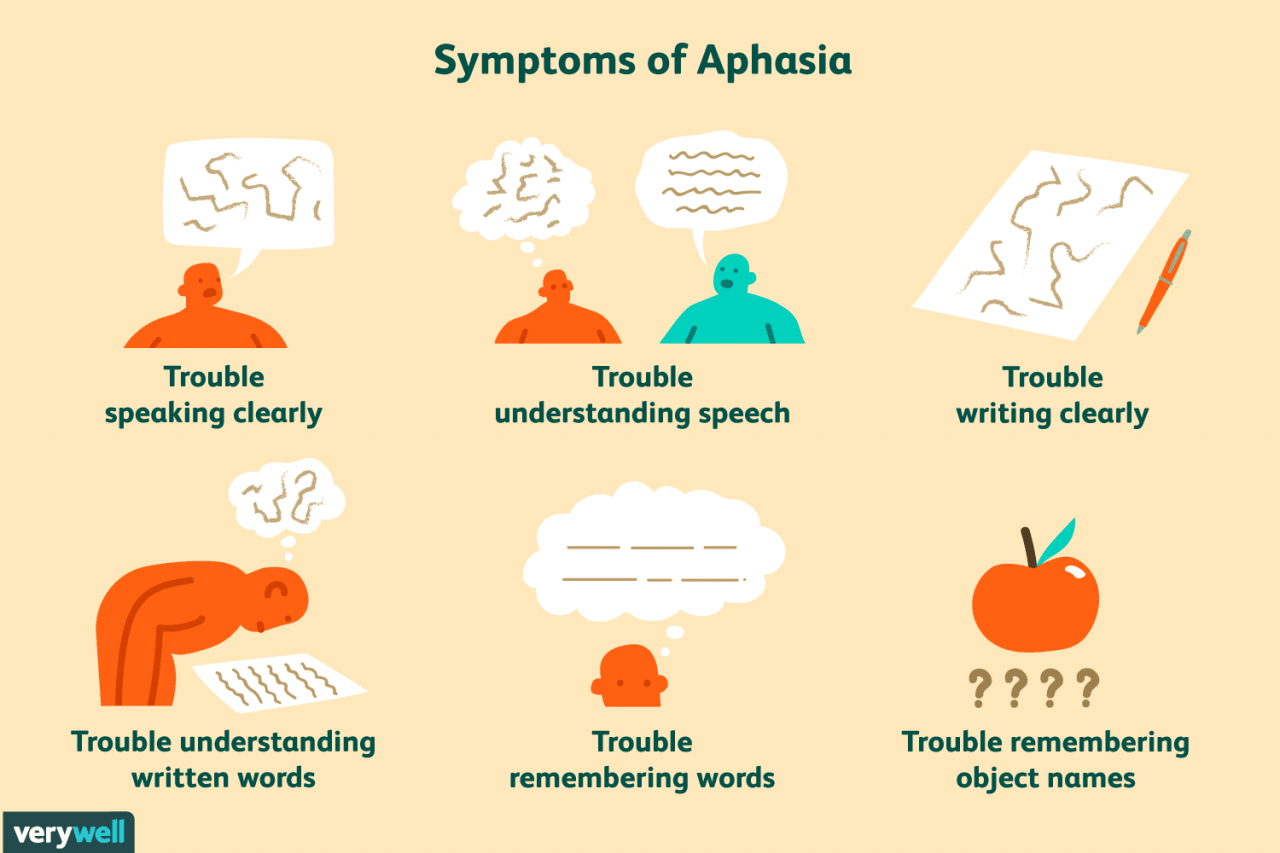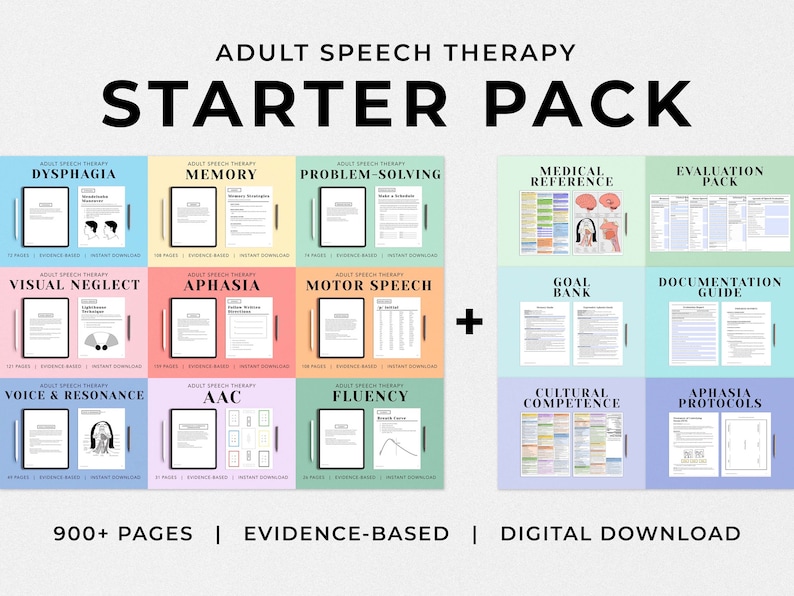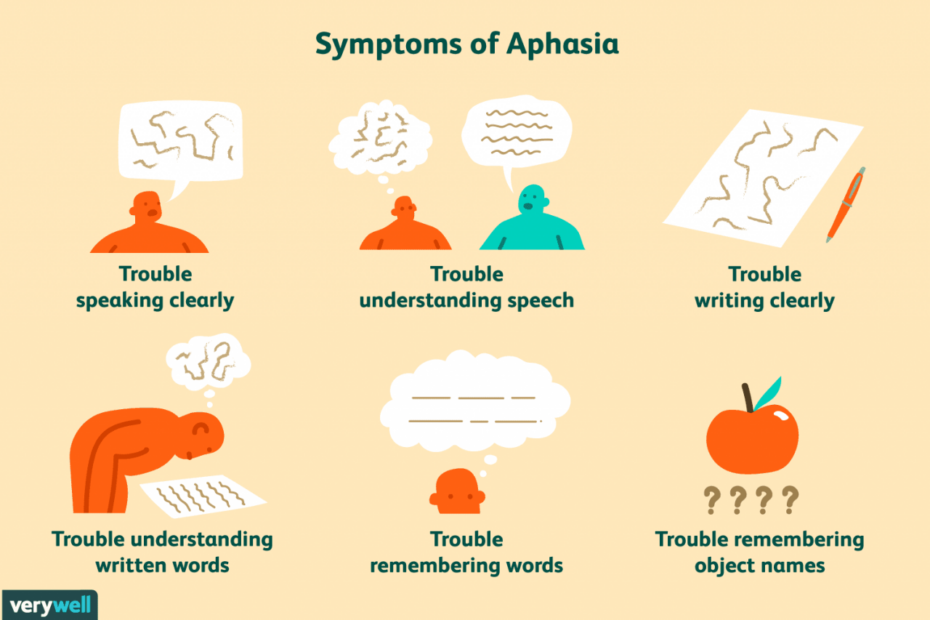How Can I Support Someone With Aphasia: Practical Tips
Tips To Help Someone With Aphasia Using An App Or Device | Communication Partners
Keywords searched by users: How can I help someone with an aphasia expressive aphasia is characterized by:, aphasia tips for caregivers, how to help someone with aphasia communicate, aphasia treatment activities, questions to ask someone with aphasia, aphasia communication tools, expressive aphasia communication strategies, aphasia therapy techniques pdf
What Is The Best Way To Speak To A Person With Aphasia?
What is the most effective approach for communicating with someone who has aphasia? It’s crucial not to condescend or rush the person. Allow them the time they need to express themselves, refraining from prematurely completing their sentences or suggesting words. In addition to spoken language, consider incorporating other forms of communication such as drawings, gestures, writing, and facial expressions to enhance understanding and facilitate a more inclusive conversation. This supportive approach will help create a smoother and more meaningful interaction with individuals experiencing aphasia.
Can Anything Help Aphasia?
Can aphasia be improved or managed? Aphasia can vary in its duration, and while it may resolve naturally, especially when underlying issues are treated, it can also become a permanent condition. Fortunately, individuals with aphasia can enhance their communication abilities through speech therapy, a crucial component in their journey toward adaptation. Additionally, advancements in technology have opened up innovative avenues for aiding individuals with aphasia in improving their communication skills. As of April 12, 2022, these therapeutic options continue to evolve and offer hope for those affected by aphasia.
Summary 26 How can I help someone with an aphasia



Categories: Share 88 How Can I Help Someone With An Aphasia
See more here: c1.cheerthaipower.com

Don’t “talk down” to the person with aphasia. Give them time to speak. Resist the urge to finish sentences or offer words. Communicate with drawings, gestures, writing and facial expressions in addition to speech.While aphasia might go away on its own (especially with treatment of the underlying problems), it’s sometimes a permanent condition. However, people with aphasia can learn to adapt to the condition with the help of speech therapy. Technology also offers new ways to help people with aphasia communicate.Through intensive, individualized speech-language therapy, there is hope for recovery from aphasia. Much depends on the person with aphasia as well as the severity of aphasia, type of aphasia, and time since the stroke, head injury, or illness that caused the aphasia.
- After speaking, allow the person plenty of time to respond. …
- Use short, uncomplicated sentences, and don’t change the topic of conversation too quickly.
- Avoid asking open-ended questions. …
- Avoid finishing a person’s sentences or correcting any errors in their language.
- Focus Their Attention. If possible, move your conversation to a quiet, well-lit room where there are no distractions. …
- Use All Forms of Nonverbal Communication. …
- Have Patience. …
- Confirm Your Understanding. …
- Use Technology. …
- Find Aphasia Support Groups.
Learn more about the topic How can I help someone with an aphasia.
- Treatment – Aphasia – NHS
- Aphasia Communication Tips
- Aphasia: Types, Causes, Symptoms & Treatment – Cleveland Clinic
- Is Aphasia Recovery Possible? – Mary A. Rackham Institute
- When Your Loved One has Aphasia | Duke Health
- Aphasia | Johns Hopkins Medicine
See more: blog https://c1.cheerthaipower.com/category/calculators
